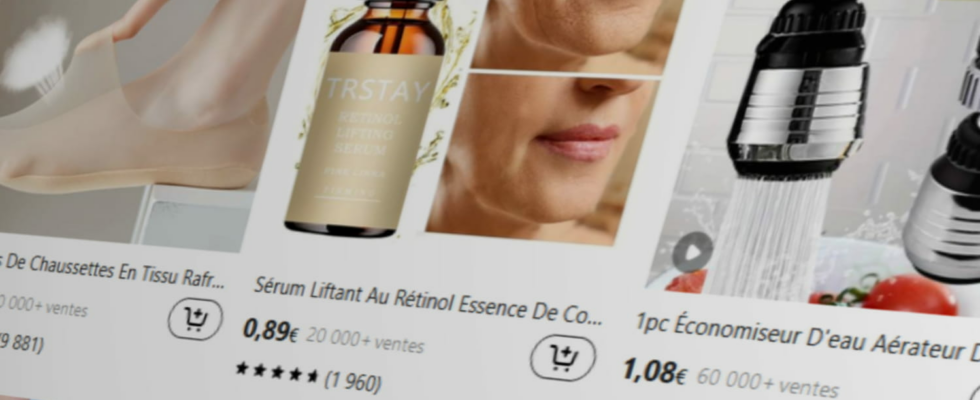The UFC-Que Choisir singles out the largest online sales sites for the use of dark patterns, manipulative processes intended to deceive consumers and prevent them from making rational decisions when making their purchases.
It has probably already happened to you, while you were browsing the Web, to find yourself with a paid option added at the end of your order, to see a button “Accept cookies” highlighted and necessary to be able to access the site, or to receive a guilty message when you refuse a reduction. These are manipulation techniques called dark patterns, which seek to influence your behavior to the advantage of the sites and merchants (see our article? The goal is to encourage you to buy, collect your personal data, make you pay more or discreetly subscribe to options or newsletters. These unfair commercial techniques do not allow consumers to make their purchases. free and enlightened manner.
The UFC-Que Choisir has just pinned down a statement the twenty largest online sales sites, all of which use “manipulative processes”, which is however prohibited by the Digital Services Act (DSA), which has applied since February 17, 2024. This concerns Airbnb, Aliexpress, Amazon, Booking.com, Carrefour, Cdiscount, Decathlon, E.Leclerc, eBay, eDreams , Expedia, Fnac, Leboncoin, Leroy Merlin, ManoMano, Rakuten France, Shein, Temu, Veepee and Vinted, the twenty marketplaces most visited by the French, according to the Professional Federation of e-commerce (Fevad). So be careful when browsing!
Dark patterns: Temu, champion of manipulation
“The most common deceptive interfaces include manipulative visual designs, the requirement to create a customer account, misleading strike-through prices, repetitive incentives, or limited stock messages (urgency trap) whose relevance is entirely irrelevant. unverifiable”, observes UFC-Que Choisir. Temu, the very controversial Chinese platform, is the e-commerce site with the largest number of dark patterns. For example, during a promotion, the prices of the items are hidden, and it is only when the consumer adds an item to their basket that they are informed of its final price. It is therefore hardly surprising that seventeen European consumer associations, including UFC-Que Choisir, have filed a complaint against the Chinese giant on this subject (see our article).
In the ranking of platforms using the most dark patterns come AliExpress, Amazon and Veepee. AliExpress, which we no longer need to present, integrates advertisements into its interface, on the search results page, in such a way that they cannot be distinguished from authentic offers. The site also displays “unverifiable allegations”such as for example the fact that “+10,000 items” have been sold. Note that AliExpress is currently under investigation by the European Commission for the sale of illegal products, and more particularly fake medicines.
For its part, Veepee successively displays two check boxes whose semantics are ambiguous. They “falsely give the impression to the consumer who does not wish to be tracked or canvassed by this professional that they have no action to take, when in reality, they must leave the first box unchecked before having to check the second”explains the association.
Also, UFC-Que Choisir has decided to alert the General Directorate for Competition, Consumer Affairs and Fraud Control (DGCCRF) and the European Commission on “the excesses of professionals”which she calls to “initiate additional investigations and sanction these unacceptable practices”. Remember that in the event of non-compliance with the DSA, platforms can be fined up to 6% of global turnover and, in the event of repeat offenses, a ban in the European area.

